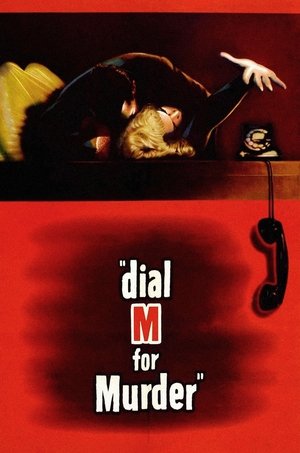
Dial M for Murder
It is very obvious that this was written as a play. It is very heavy on exposition to cover almost all activities that take place outside of the "essentially" one room of the apartment. Nothing wrong with that, but it gives the film a different feel. This is more of an intellectual exercise than a action-packed murder mystery. It might have been better to have written Tony as a chess master than a former tennis star. It would have been a bit more in keeping with his plots and strategies. Even the action in the actual murder scene is "play-like" - a rather exaggerated initial reaction to being stabbed followed by the more drawn out dying, dying, dead finale. Each time I watch this movie, I'm always struck by the strange idea that apparently every citizen is required to account for every pound note that they acquire and spend? I have no idea if this was remotely true in England in 1954, but it seems odd and unlikely. It's not critical, but it is jarring when they talk about it, because it seems so unnatural. This is a great movie and a great story. However, the over-head camera angles for some scenes seems a strange choice, and Grace Kelly is clearly under-utilized in this role. Margot is such a compliant character that it seems very unlikely that she would engage in an extra-marital affair and then be so nonchalant about being with her former lover together with her husband. While my criticisms might give the impression that I disliked the movie, these are only minor flaws in a superior film. Hitchcock is able to convey so much through an actor's mere glance - it is incredible!
